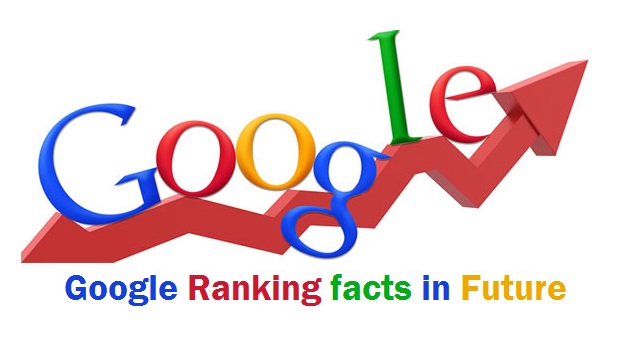If Google implements the patent it acquired a few months ago, it will now rank pages based on the degree of factuality, rather than link-based popularity. The Google’s research team is still working on the product, known as Knowledge-Based Trust, and it will see websites ranked according to the level of accuracy of content posted.
Exogenous and Endogenous Credibility
Exogenous signals are those that originate outside a page or site, like its hyperlink structure. Endogenous signals originate within the page or site, and factual accuracy falls into this category.
It is possible for web pages to have inaccurate content but still get high ranking because of their link profile, which is why Google is looking into making endogenous signals weightier than exogenous ones for purposes of search ranking. Determination of trust will not depend on the number and type of sites that refer to a site’s content but rather how true the content is. This means you can easily outrank competitors just by ensuring your site has more factual content than theirs.
The role of the Knowledge Vault
The next logical question is: how will Googlebots determine whether or not a site carries factual content?
Over the years, Google has been building a cache of facts drawn from the world’s accumulated knowledge. This is known as the Knowledge Vault, and is accessible to humans as well as machines. The Knowledge Vault is continuously self-improving – as it collects more information, it gains ability to amass even more information.
Googlebots will therefore scan text within web pages and sites and weigh them against the facts stored in the Knowledge Vault. In addition, they can deposit new information into the vault where such information does not yet exist. The KV is the world’s biggest information repository, and is what will facilitate Google’s new ranking system.
Preliminary testing
So far, part of the KBT has already been patented following testing on 2.8 B triples, that is, facts extracted and discovered from web pages. Researchers were able consistently to determine the trustworthiness of 5.6 M sites containing 119 M web pages.
While the system has yet to apply throughout the Internet, it would appear that a future where pages are ranked based on factual accuracy is much closer than we think.

